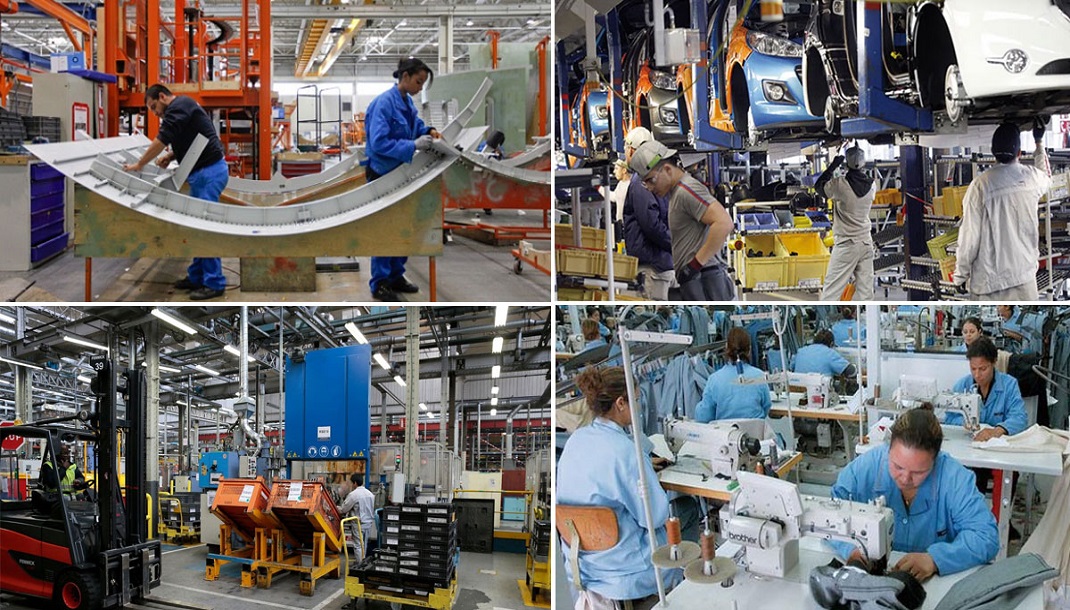
Tunisia offers numerous opportunities for foreign investment across several key sectors including information technology, tourism, and manufacturing.
Despite facing political and economic challenges in the past decade, Tunisia has made steady progress in reforms, innovation, and diversification. The country boasts:
A strategic location at the crossroads of Europe, the Middle East, and Africa.
Free trade agreements with the EU, COMESA, and other regional blocs.
A highly educated and multilingual workforce.
A growing startup ecosystem and digital economy.
Tunisia’s economy is now undergoing a transition from being agriculture- and tourism-based to becoming a hub for knowledge-based and high-value industries.
Tunisia’s IT sector is one of the fastest-growing in Africa, driven by:
More than 80,000 tech professionals and over 12,000 IT graduates annually.
A growing number of startups and incubators, supported by the government’s “Startup Act”.
Competitive costs for software development and digital services, attracting nearshoring from France, Germany, and Belgium.
Major tech zones such as El Ghazala Technopark and Sfax Digital Cluster support the growth of companies in AI, fintech, and cybersecurity.
Global players like Telnet, Ooredoo, and Vermeg operate in Tunisia, along with hundreds of agile SMEs offering offshore software development, mobile app creation, and IT consulting.
Tourism has long been a cornerstone of Tunisia’s economy, contributing up to 8% of GDP and employing nearly 15% of the workforce. After the COVID-19 crisis, Tunisia has experienced a strong comeback:
Over 9.5 million tourists in 2024, primarily from France, Germany, Algeria, and Libya.
A shift toward diversified tourism: eco-tourism, desert trekking, wellness spas, cultural heritage, and historical routes.
Famous destinations like Djerba, Hammamet, and Tozeur continue to expand while the Medina of Tunis and archaeological sites like Carthage and Dougga attract international interest.
The government has invested in smart tourism infrastructure, and local entrepreneurs are launching digital booking platforms, boutique hotels, and guided experience apps.
Tunisia's manufacturing industry is the backbone of its exports, accounting for over 50% of foreign earnings.
Automotive components: Companies like Leoni, Coficab, and Yazaki supply global car brands.
Aerospace: Over 80 companies operate in the sector, with international names like Safran and Stelia Aerospace.
Textiles: Tunisia is the 5th largest exporter of textiles to the EU, specializing in fast, high-quality production.
Electrical and electronics: A growing niche producing smart meters, sensors, and circuit boards.
With well-developed industrial zones, export incentives, and a strong focus on vocational training, Tunisia has positioned itself as a competitive and reliable production base, especially for European firms.
| Advantage | Description |
|---|---|
| Strategic Location | 1-hour flight from Europe, gateway to Africa and MENA |
| Skilled & Affordable Workforce | Strong education system, especially in STEM and languages |
| Pro-Business Environment | Startup Act, investment codes, simplified legal frameworks |
| Free Trade Agreements | Preferential access to EU, COMESA, and other major markets |
| Infrastructure & Connectivity | Ports, airports, 4G+ coverage, fiber optic internet |
Tunisia's economic development is now shaped by innovation, digital transformation, and regional integration. With a resilient and adaptive population, the country is working to:
Attract more foreign direct investment.
Boost its digital and green economy.
Expand its reach into Sub-Saharan Africa and the EU.
Improve public-private partnerships and governance.
From tech startups in Tunis to aerospace components in Sousse and eco-lodges in the Sahara, Tunisia offers a unique blend of traditional strength and forward-thinking ambition.